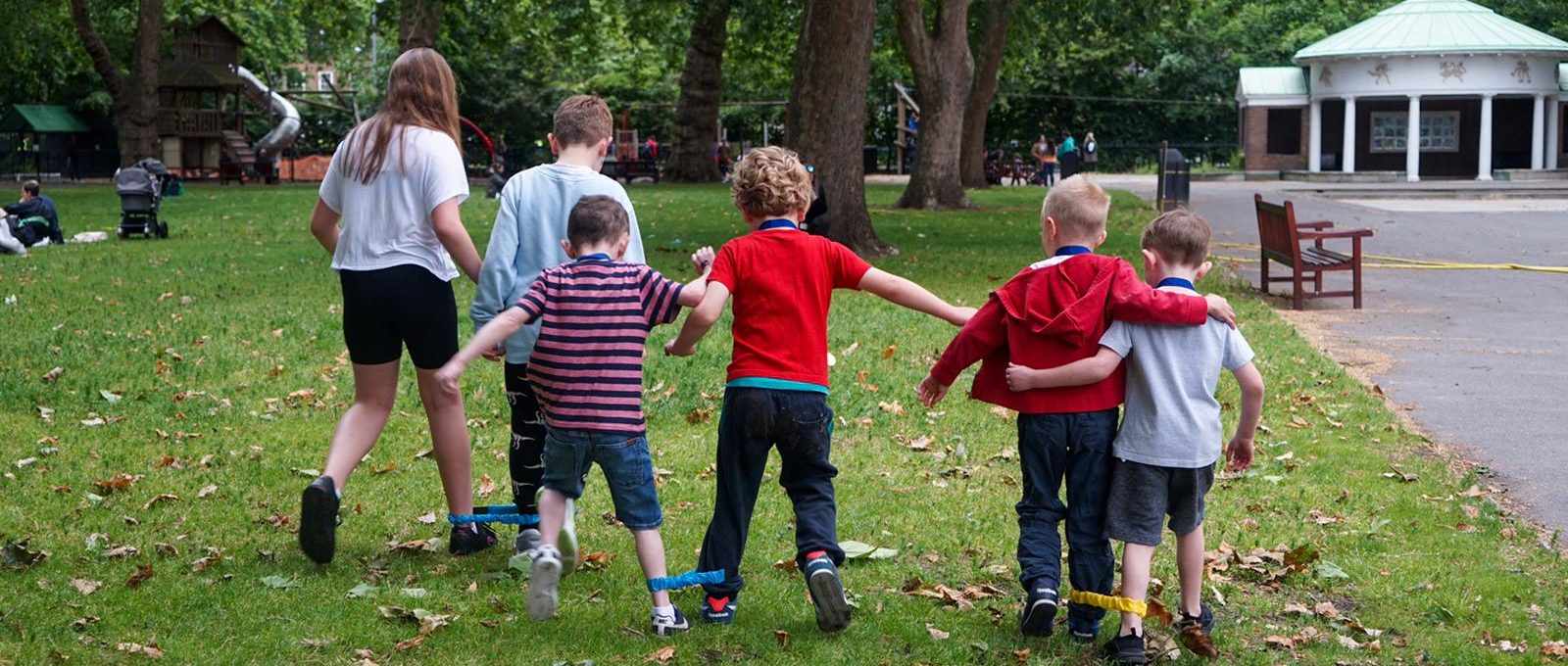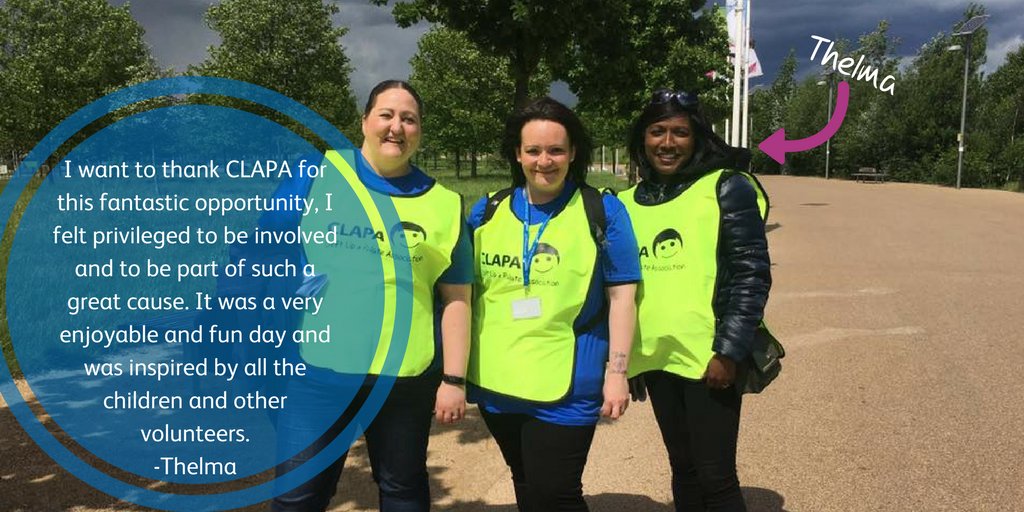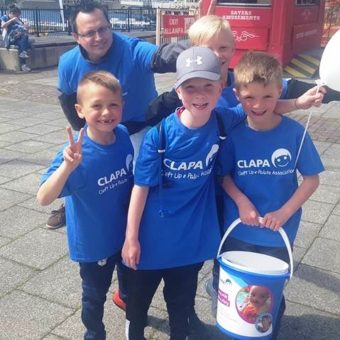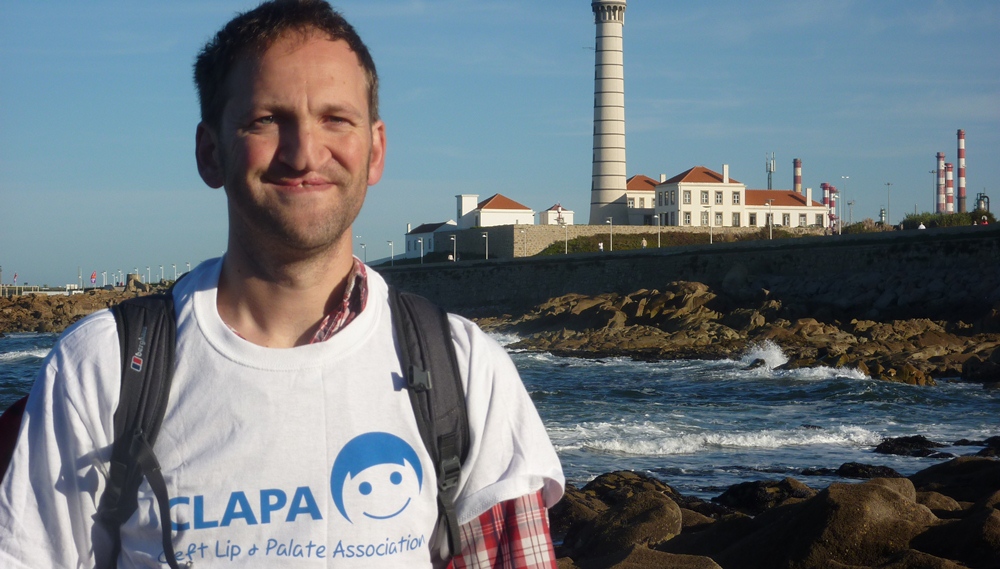
World Mental Health Day 2019
Thursday 10th October is World Mental Health Day.
CLAPA’s Adult Services Coordinator Kenny Ardouin looks at how cleft can affect mental health, and what we can all do to keep ourselves and those around us mentally healthy.

We often only think and hear about mental health when we learn that somebody is experiencing mental ill health, but we all have mental health and it’s important that we keep ourselves and each other mentally well as well as physically well.
Cleft and Mental Health
Being born with a cleft does not automatically mean you will suffer from mental ill health. It’s important to remember that for everyone in the community our state of mental health will change at different points in time and is influenced by many things, such as moving house, getting married, starting a new job, going on holiday, etc. Understandably, our mental health can also be influenced by our health, or the health of the people we love. When we are physically unwell, facing uncertainty (e.g. regarding upcoming treatment or surgery), or unhappy with some aspect of our treatment or healthcare, these can all impact negatively on our mental health. Generally, once there is a resolution of the physical thing that is creating an impact on our mental health, our mental health improves too. During the 2018 Adults Roadshow, people told us that worries about surgery, teeth and other cleft related concerns would sometimes impact on their mental health.
In addition to our physical health directly impacting on our mental health, sometimes our social experiences can impact on how we feel. Through the 2018 Adults Survey, many people reported that they felt they looked and/or sounded different from other people in the general population. Some people reported that this could create a considerable amount of anxiety for them in social situations. People reported that they feared they would be judged unfavourably because of their speech or appearance, and as a result were more likely to avoid certain experiences or be more reserved. Regardless of whether or not others actually noticed their perceived difference, the detrimental impact on people’s self-esteem was very real for many respondents.
What support does CLAPA provide for mental health?
Much of CLAPA’s work directly or indirectly supports positive mental health. We run a number of events across the UK including family days, adventure days and weekends, adult workshops and conferences etc. These all are designed to bring people in the cleft community together so they can make connections and share experiences. Having a network of people that you can count on for support is important for everyone’s overall wellbeing. In addition to our events, we also have our Parent Support Service and Peer Support Service where you can access one-to-one support from a trained volunteer who understands what it is like to walk in your shoes.
CLAPA publishes a great deal of information on topics related to cleft, including mental health, and aims to make these as accessible to people as we can. For example, earlier this year, with support from Amanda Bates and the Psychology team at St Thomas Hospital in London, CLAPA delivered a panel discussion on self-esteem, including ideas on how to manage low self-esteem. Our Leaver’s Pack, currently under development, will be a resource for adults when they leave the Cleft Team and will contain lots of useful information on emotional wellbeing.
Research has shown that volunteering for organisations such as CLAPA can improve your mental health. If this sounds like something you’d be interested in, have a look at volunteering with CLAPA.

What professional support can I get for my mental health?
In addition to the community-based support provided by CLAPA, the NHS also provides professional mental health support. If you are concerned about your emotional wellbeing as a result of something specifically related to cleft, the psychologist on your NHS Cleft Team would be the best person to speak to. Even if they can’t help with your specific concern, they’ll be able to direct you to someone who can. To make an appointment, you can get in touch with the team directly (if you or your child are already being seen by the Cleft Team), or you can ask your GP or dentist for a referral.
If you are seeking support for a general mental health condition (e.g. anxiety or depression), other services such as NHS Talking Therapies may be appropriate for you. You are able to self-refer to talking therapies.
Other organisations such as Mind and Samaritans have lots of useful resources and support services available to support people during periods of mental ill health.
What can I do when I’m having a ? day?
We all have those days from time to time! As part of the adults survey, we asked people what they like to do when they’re having a bad day. Here are some of their ideas – let us know if you’ve got something you do that works for you!
- Exercise ?
- Meditation
- Listening to music ?
- Talking through challenges with a partner or friend ?️
- Spending time with friends, family or pets ??
- Reading ?
- Watching TV ?
- Playing an instrument ?
- Cooking ?
Let us know what works for you!





